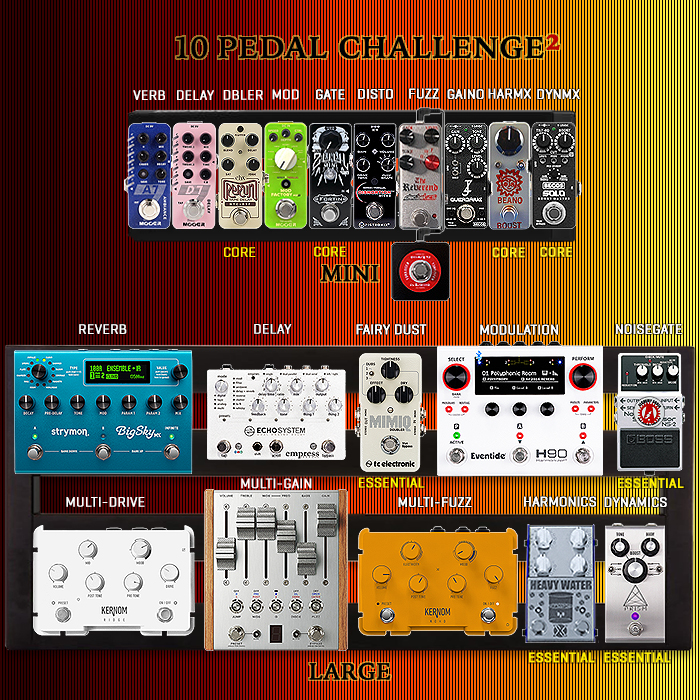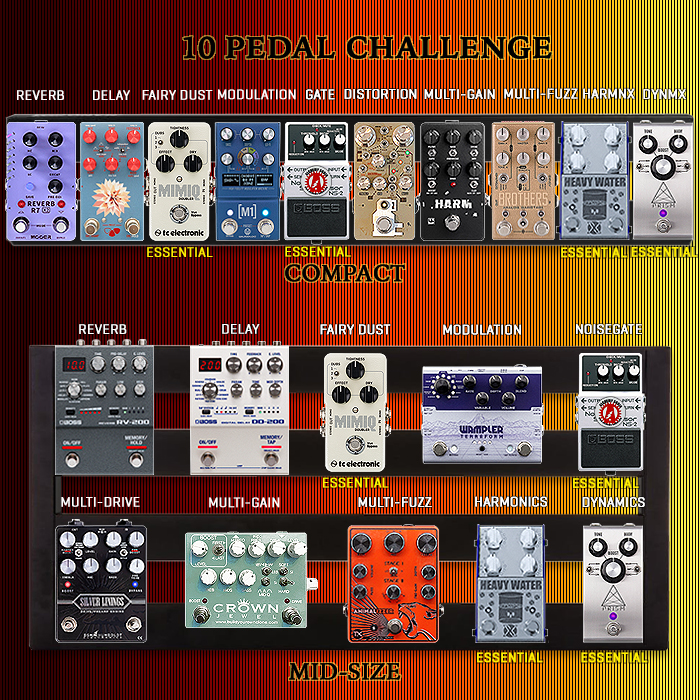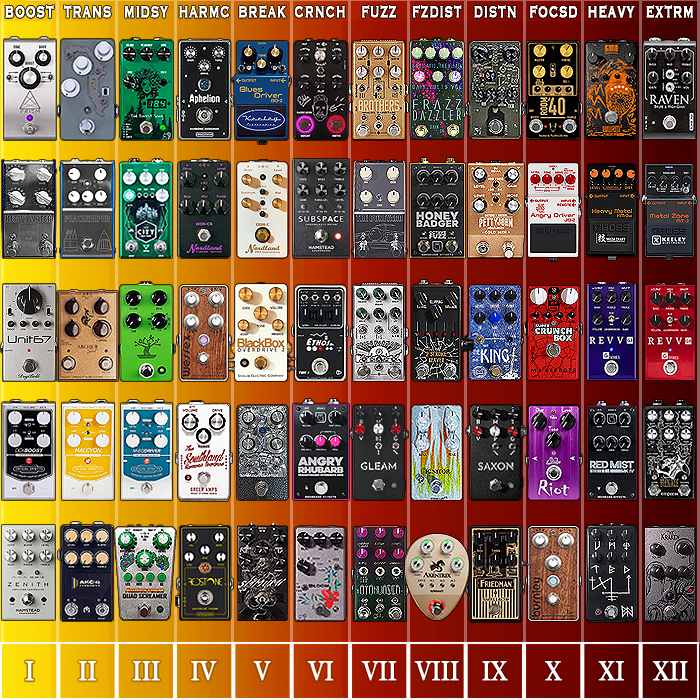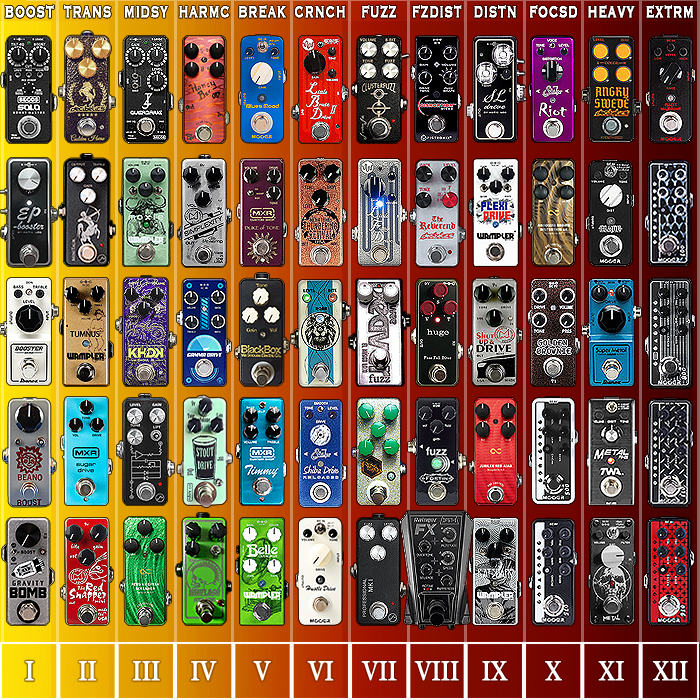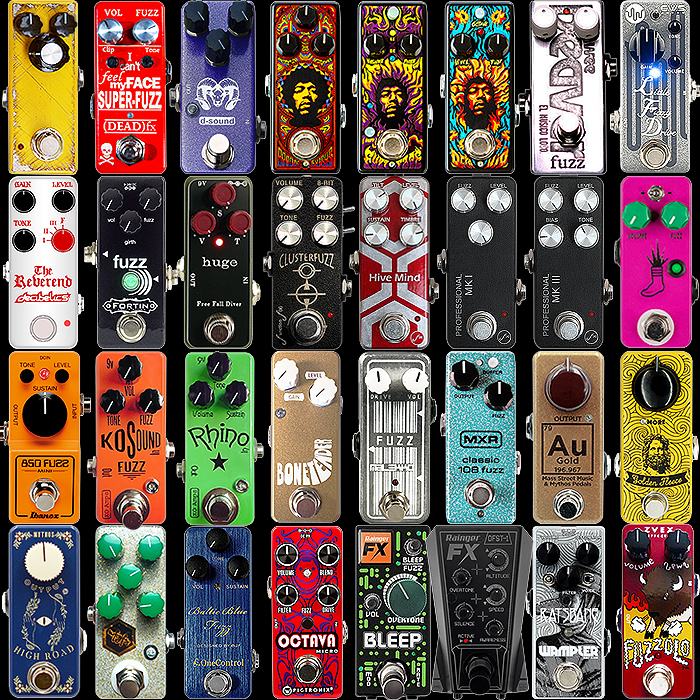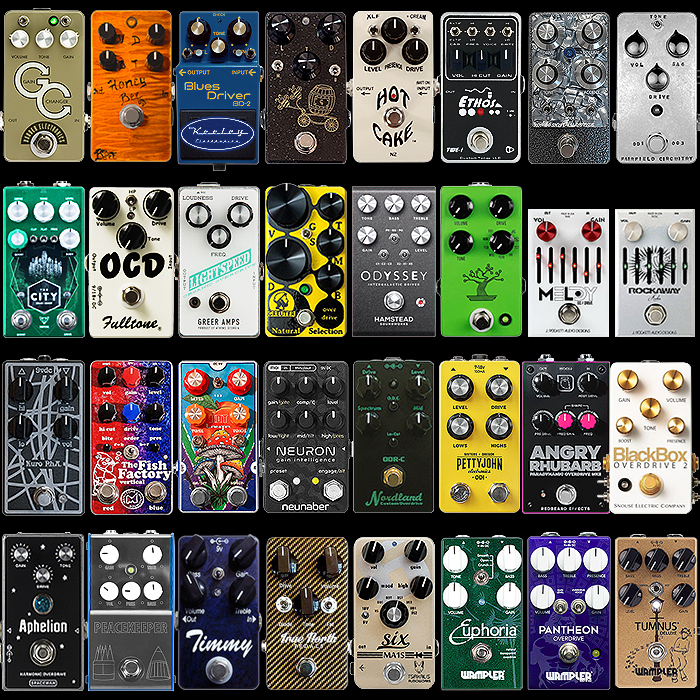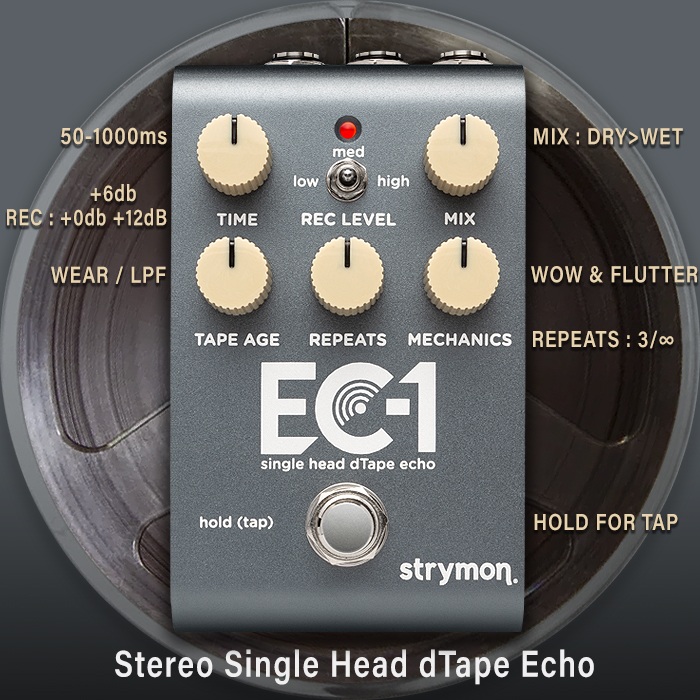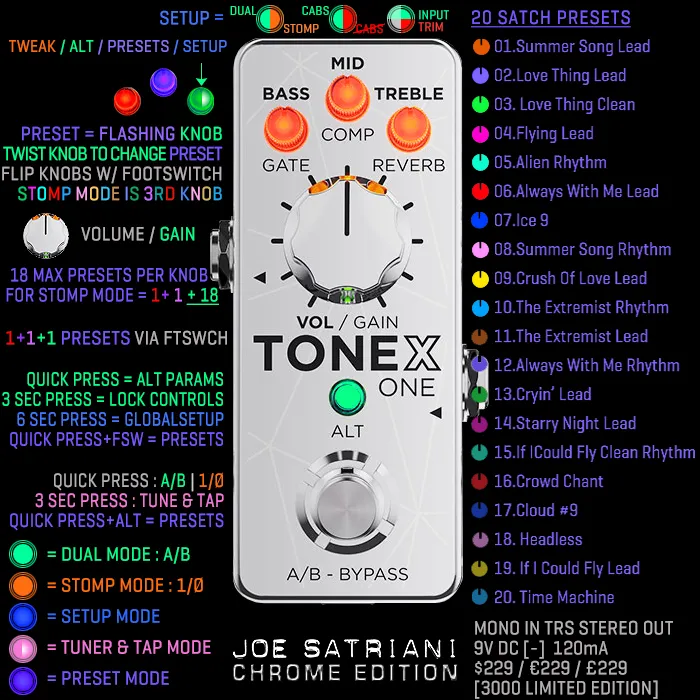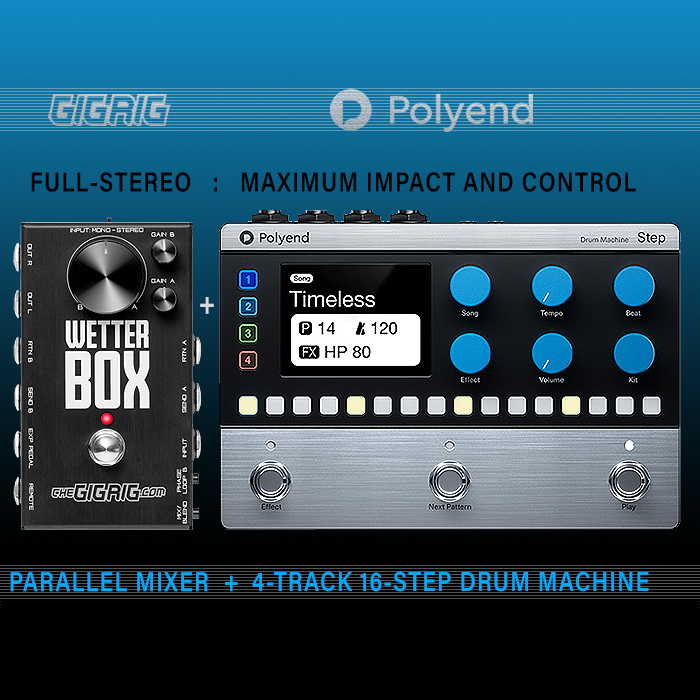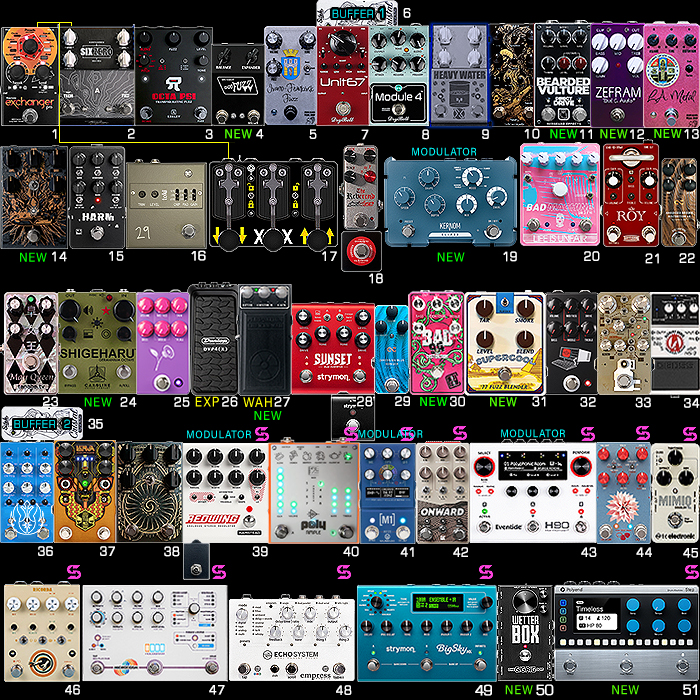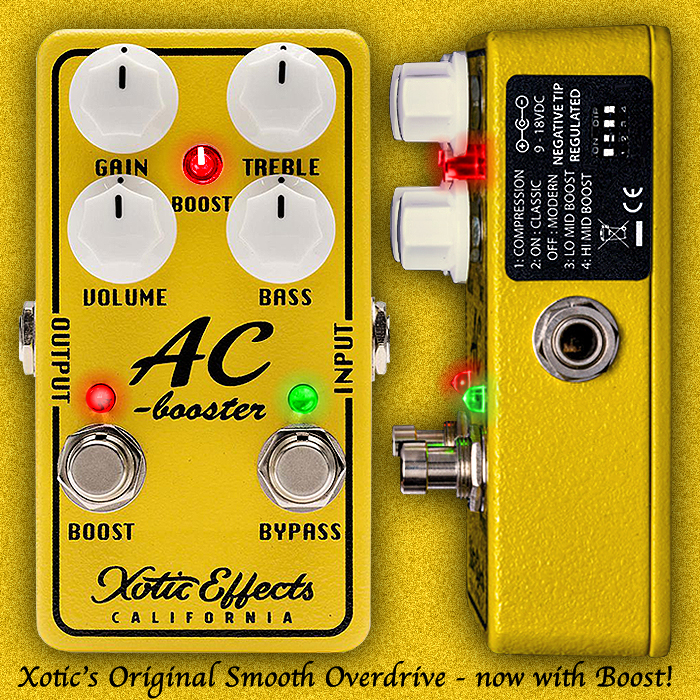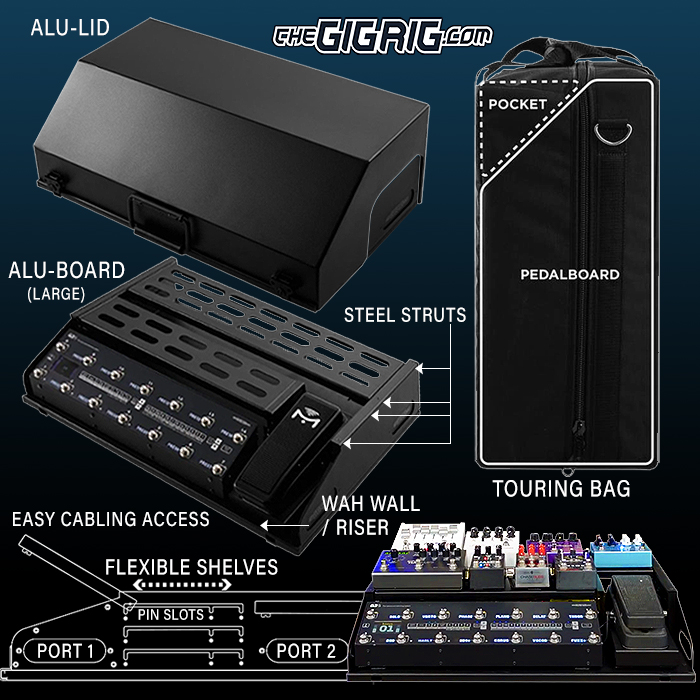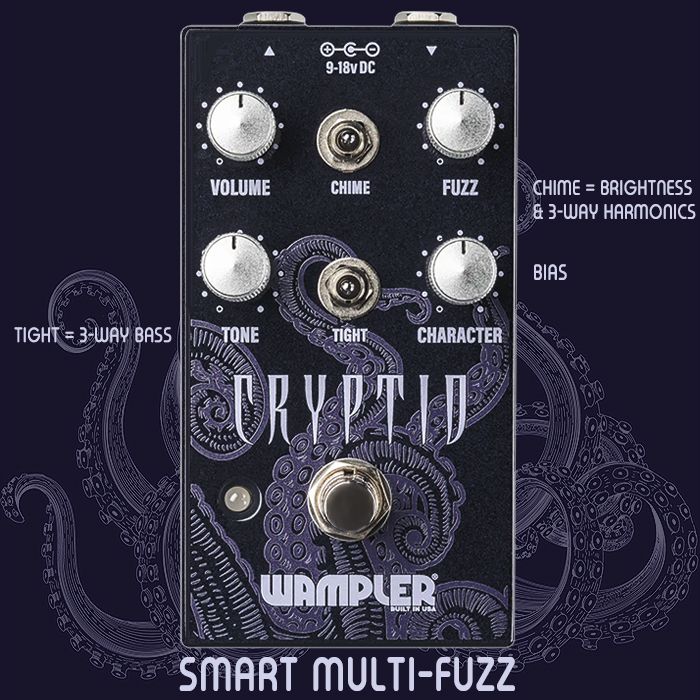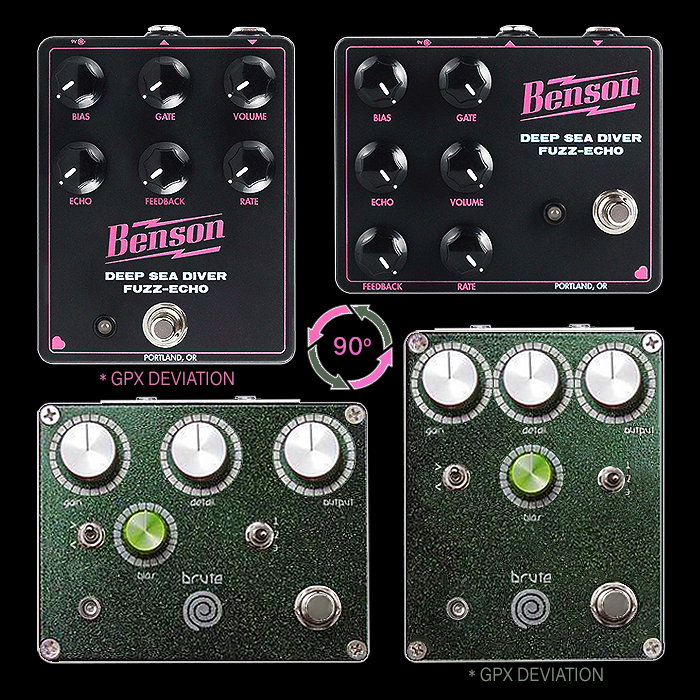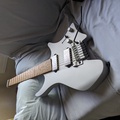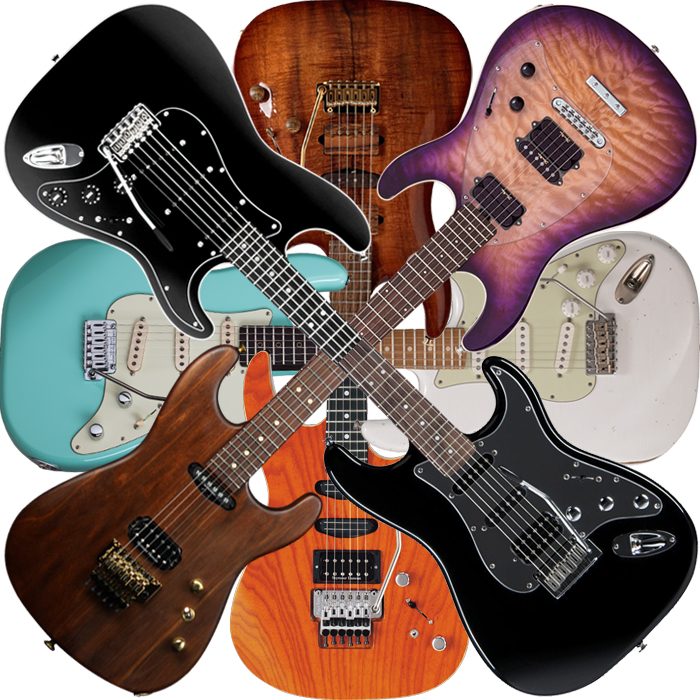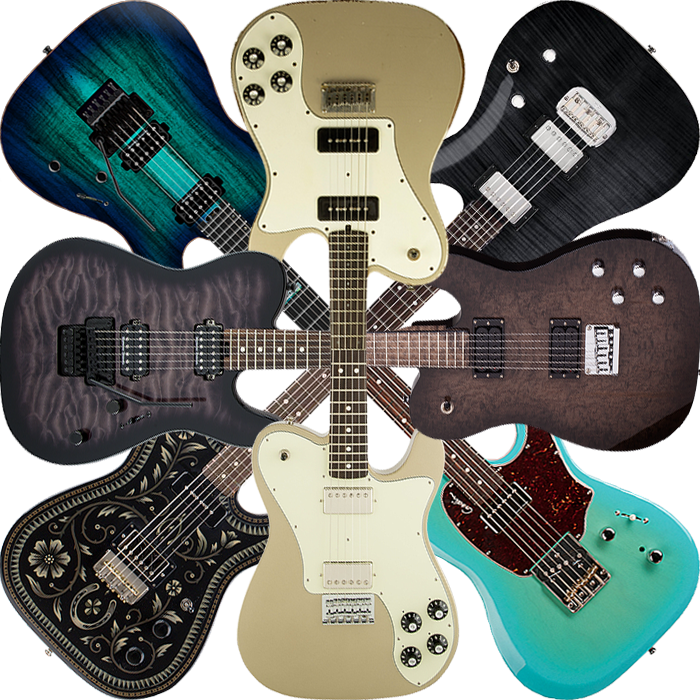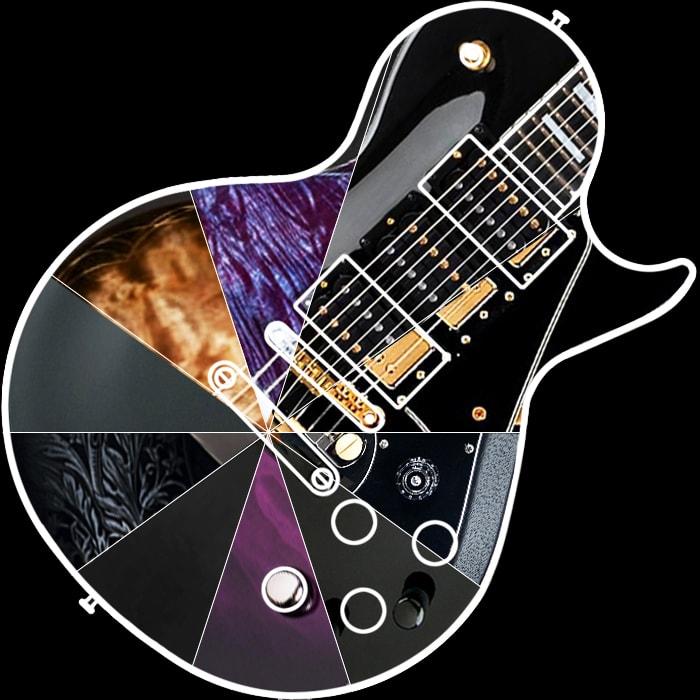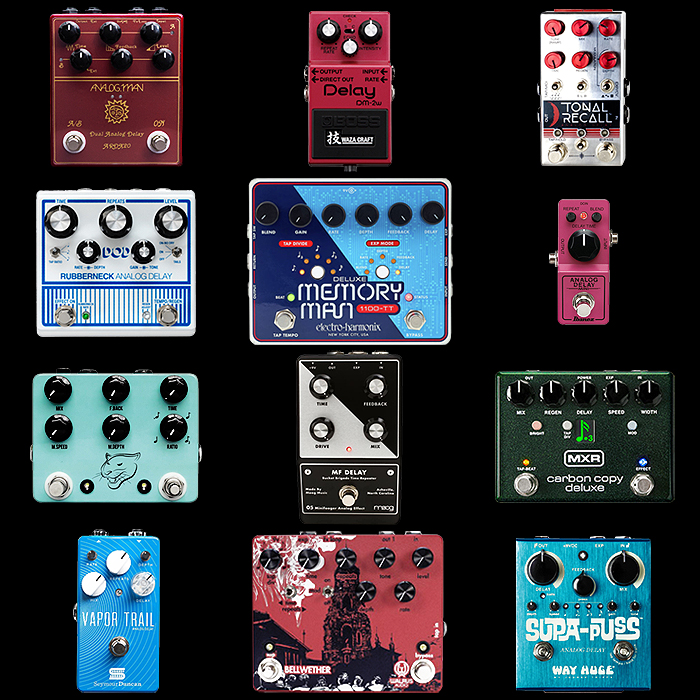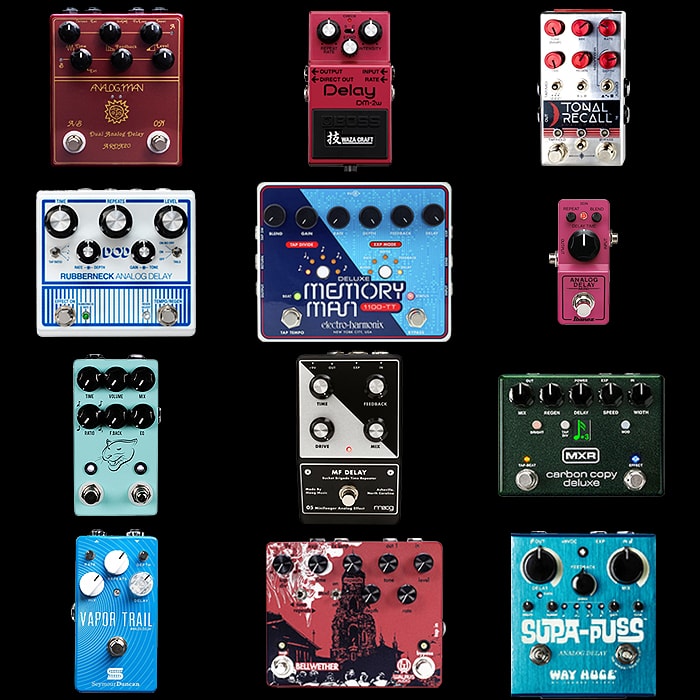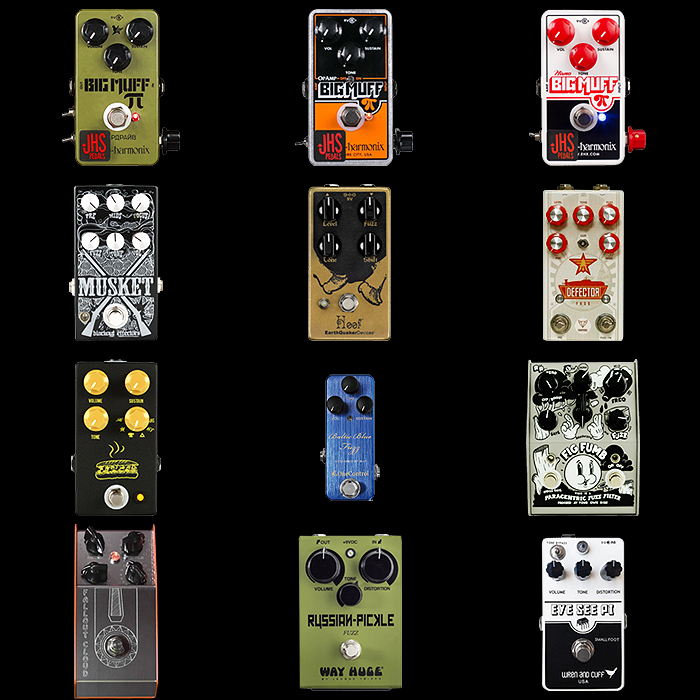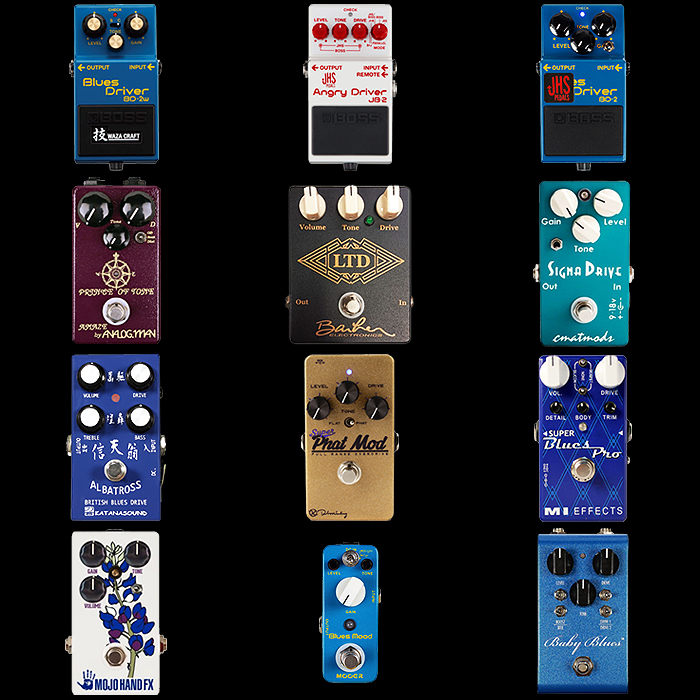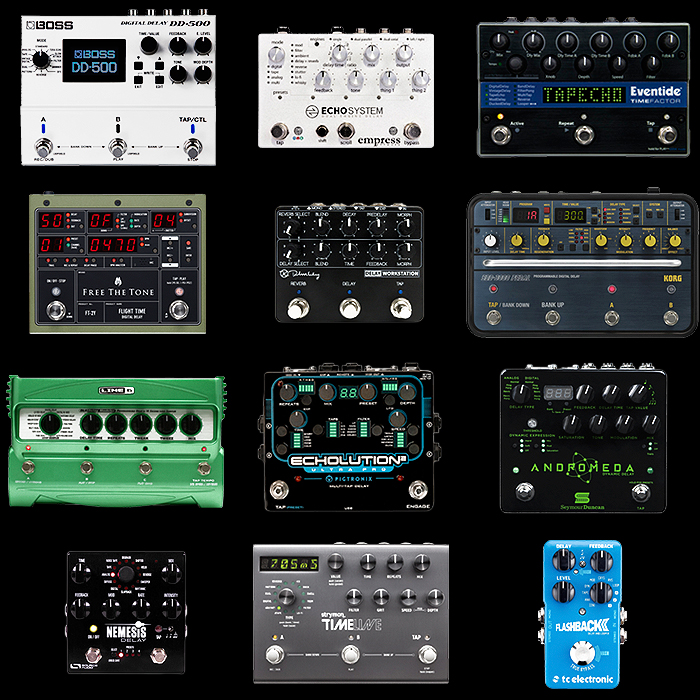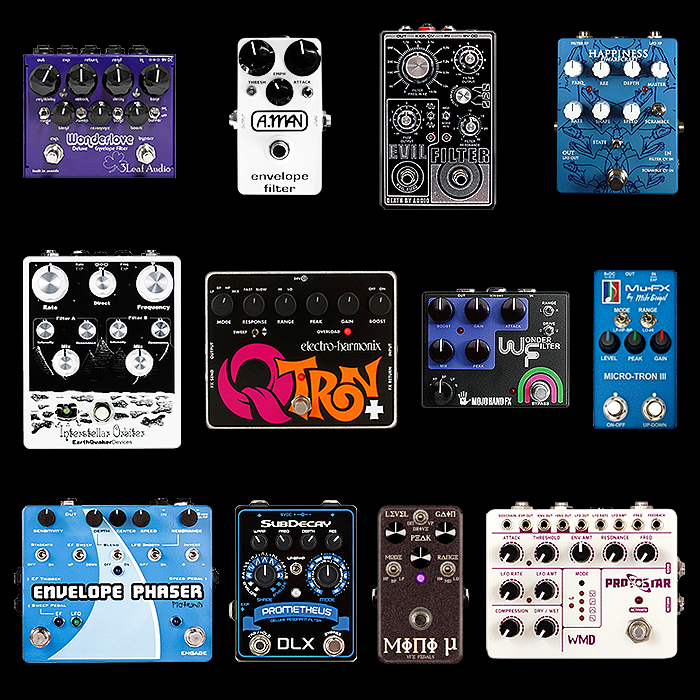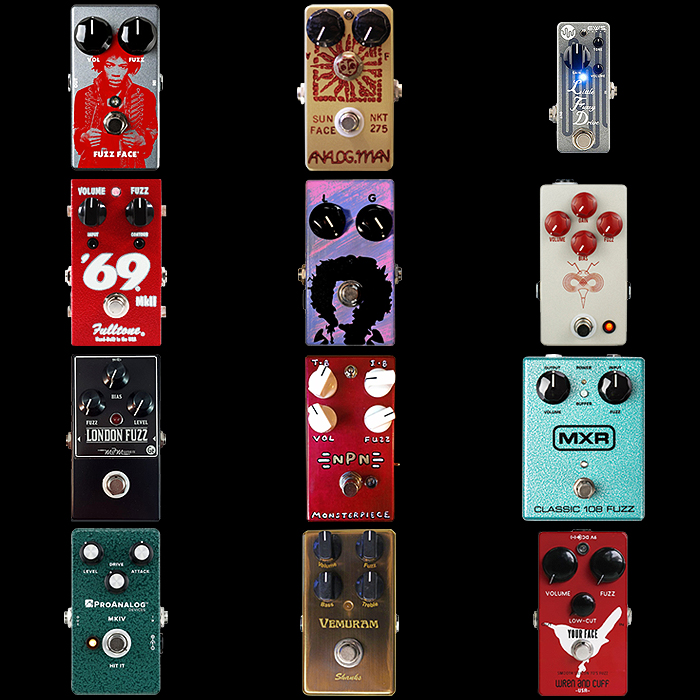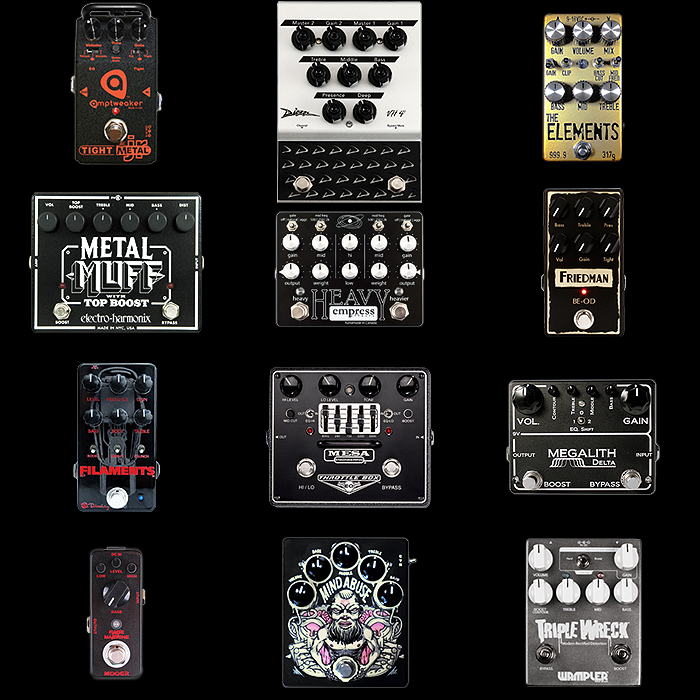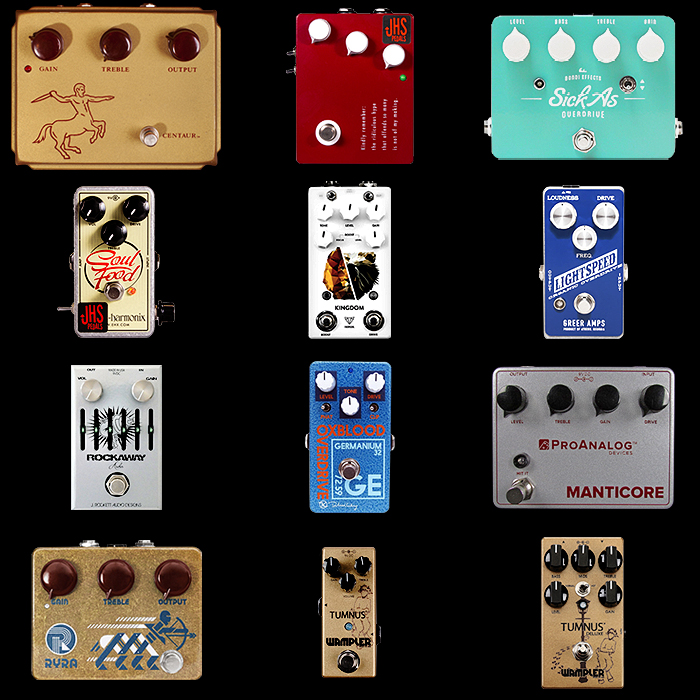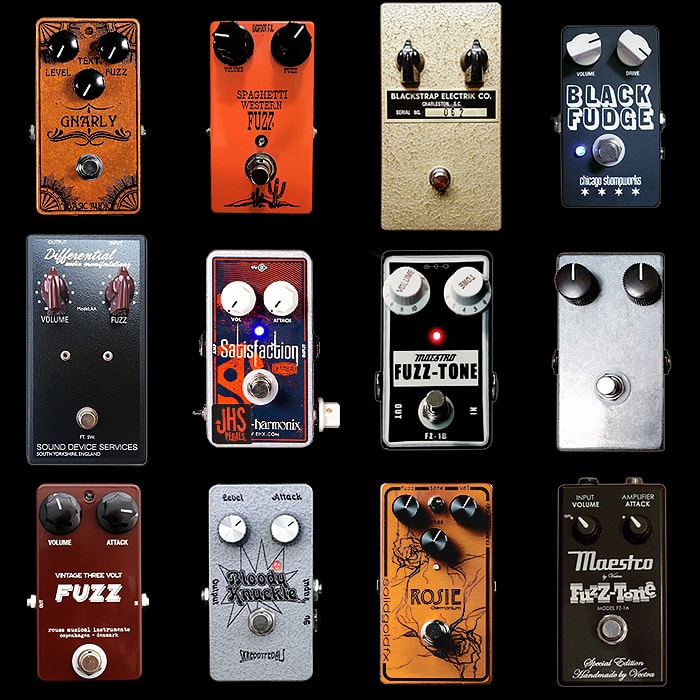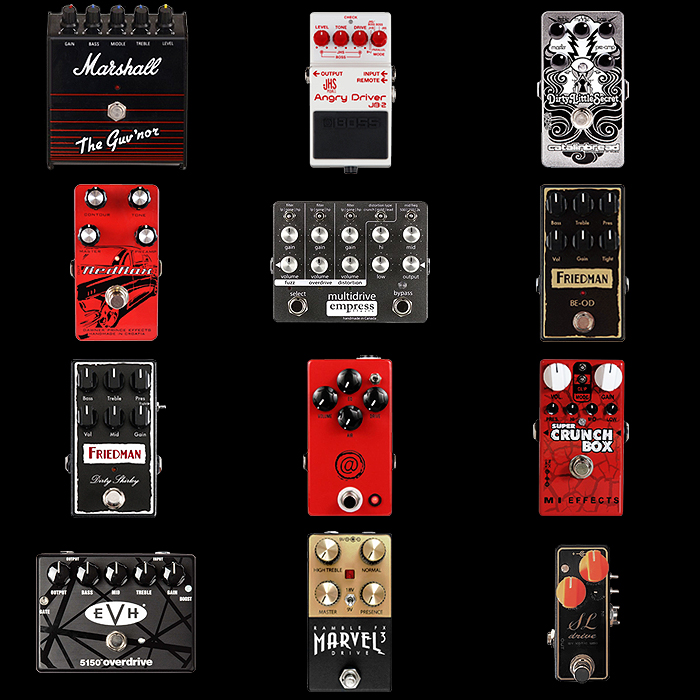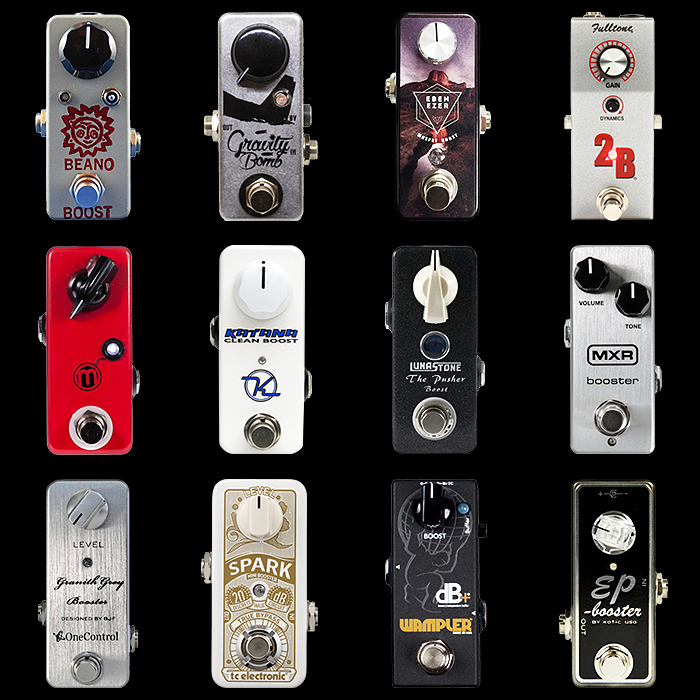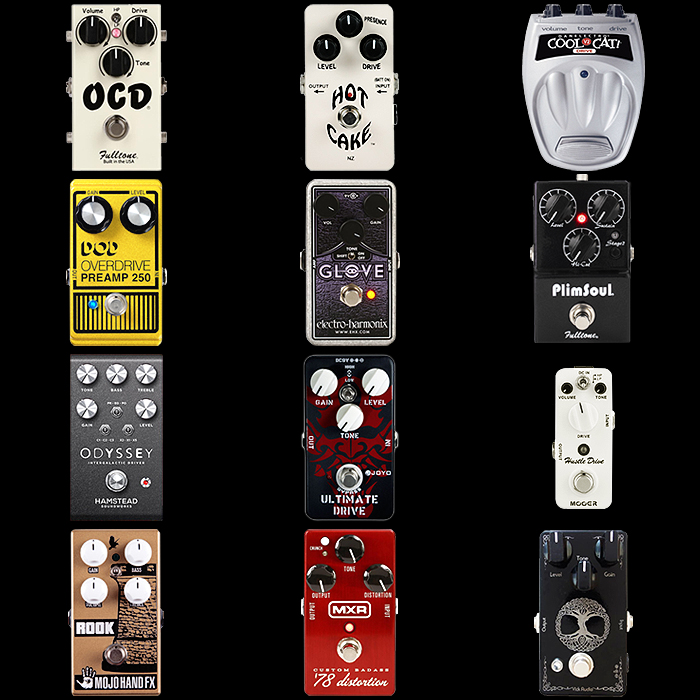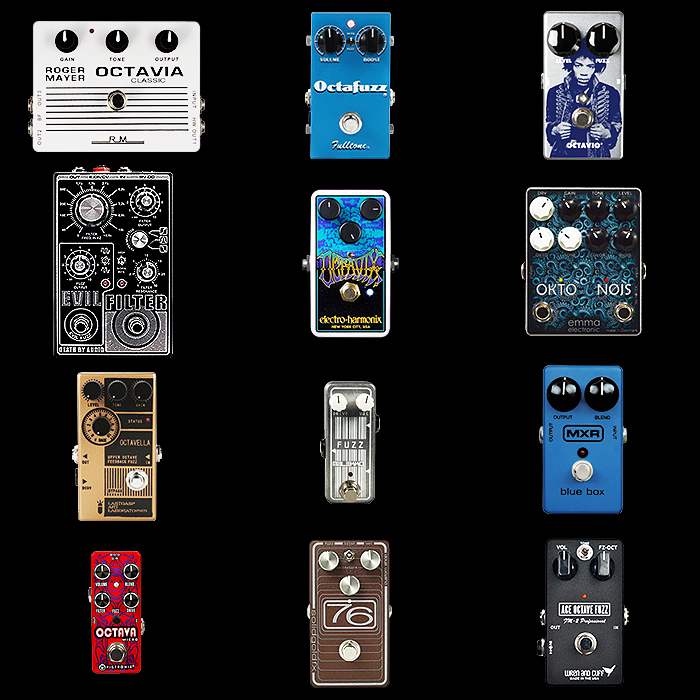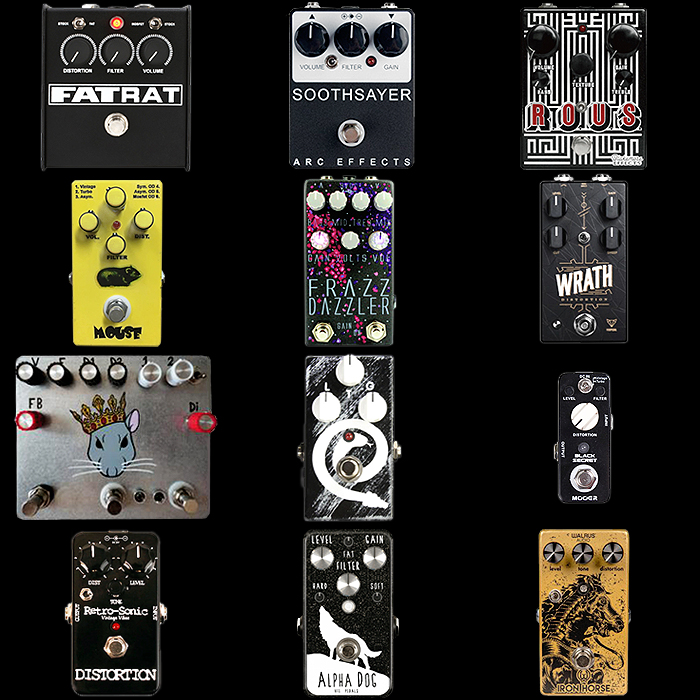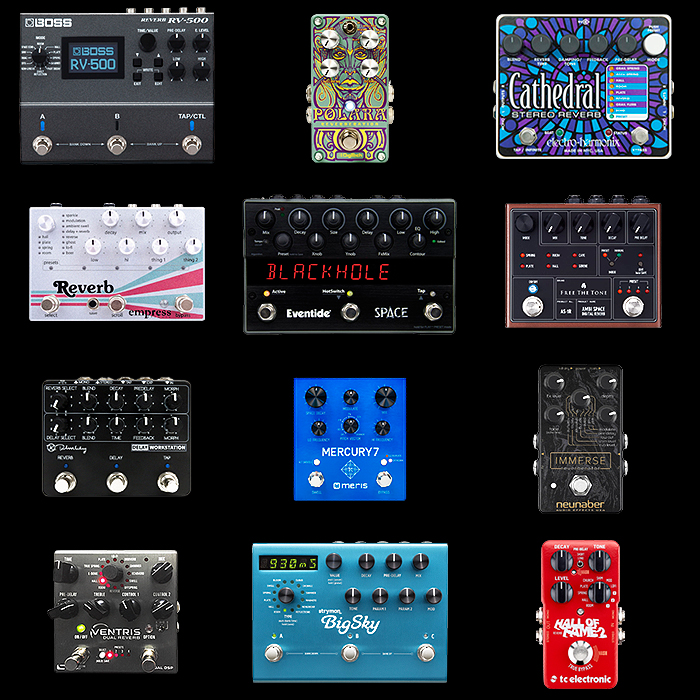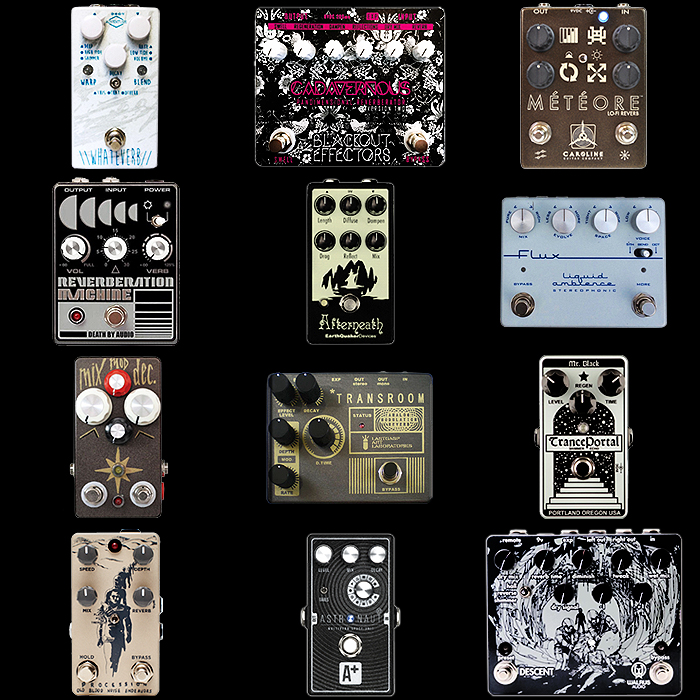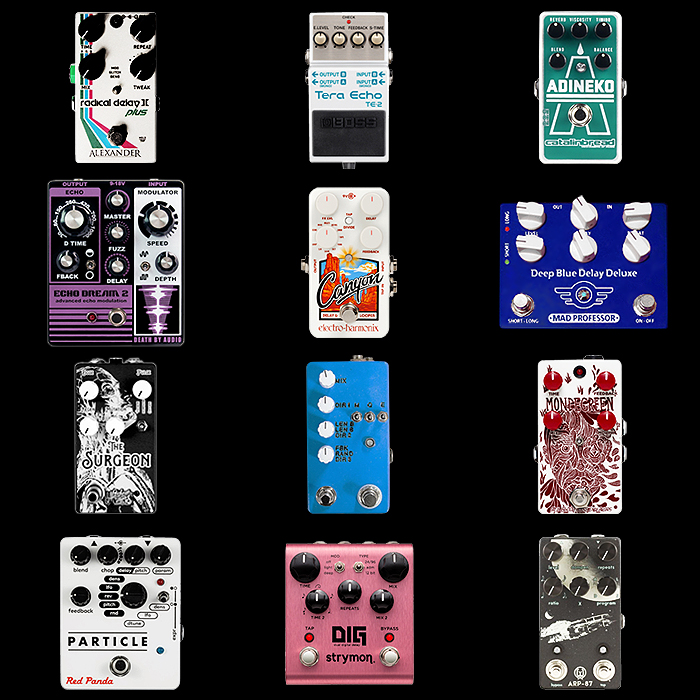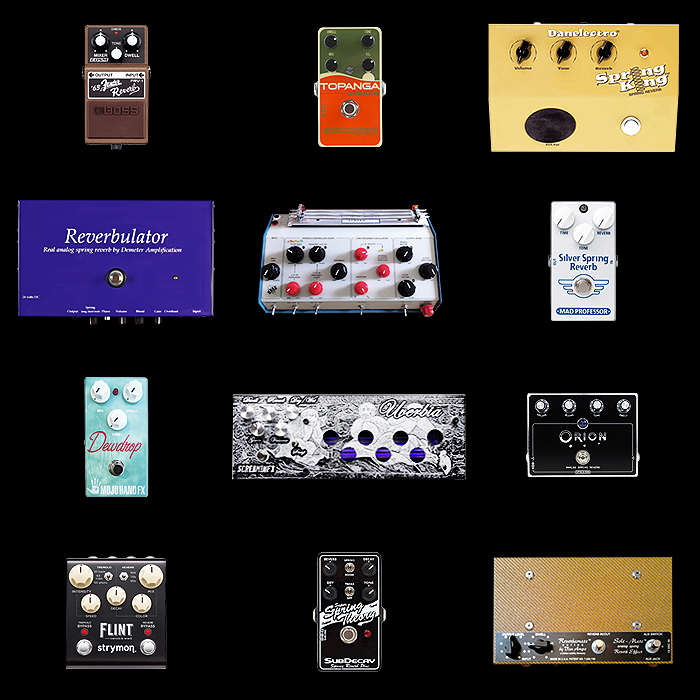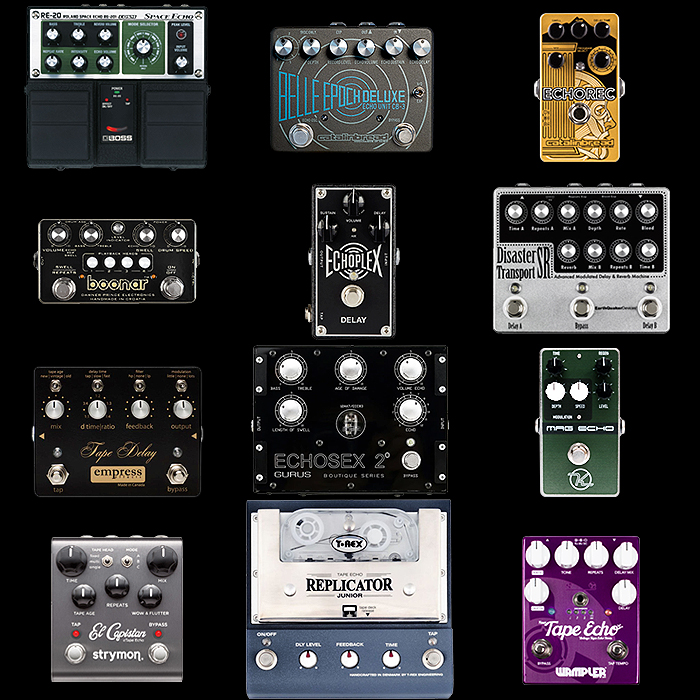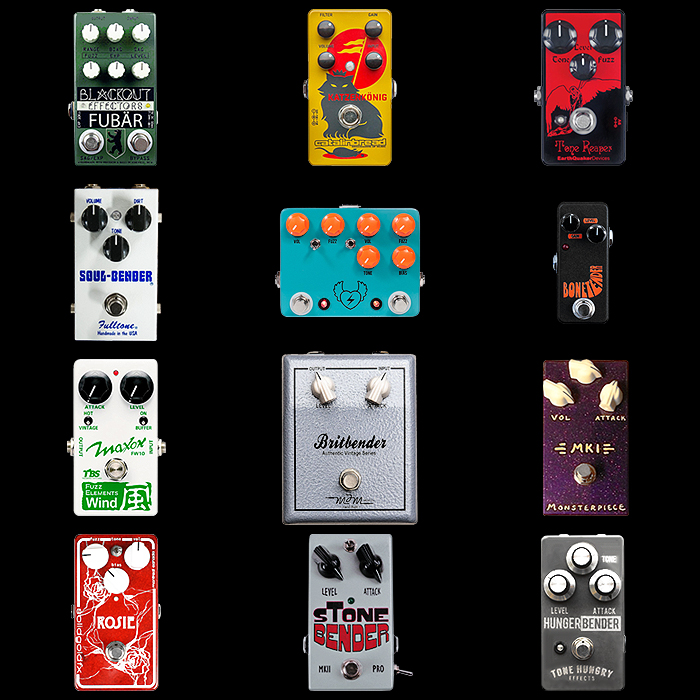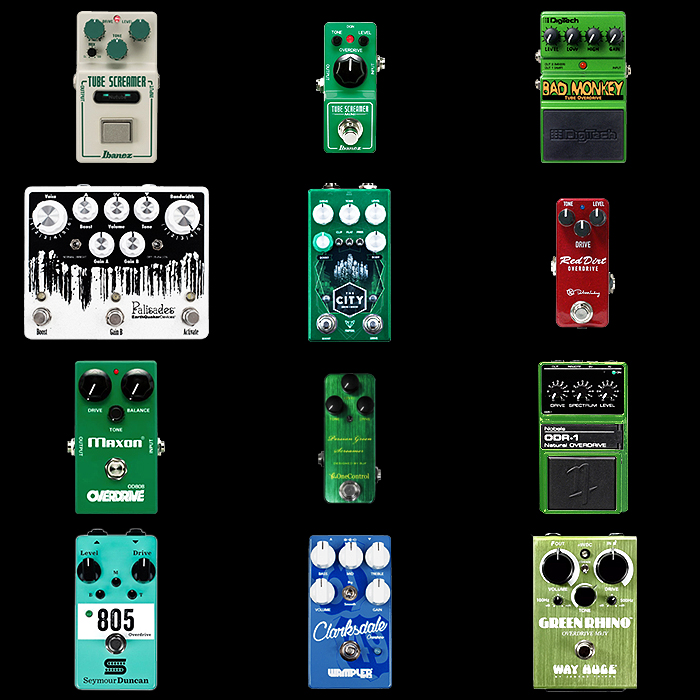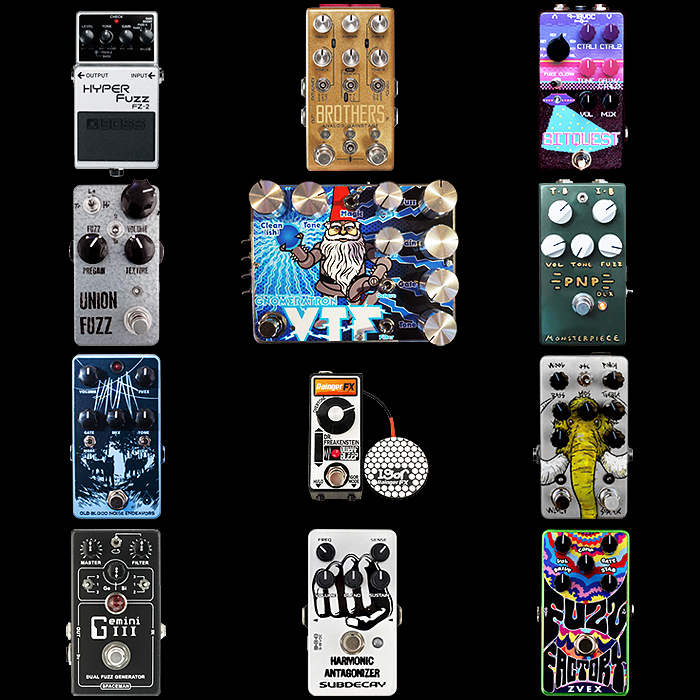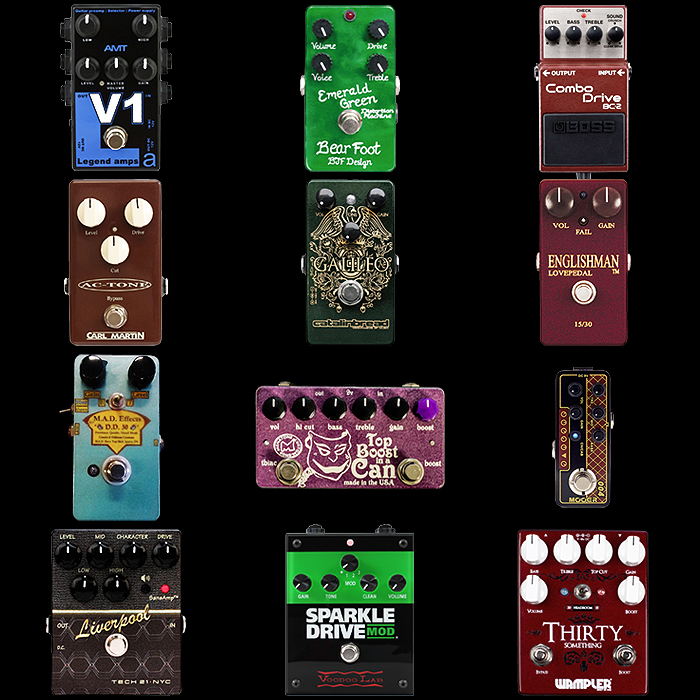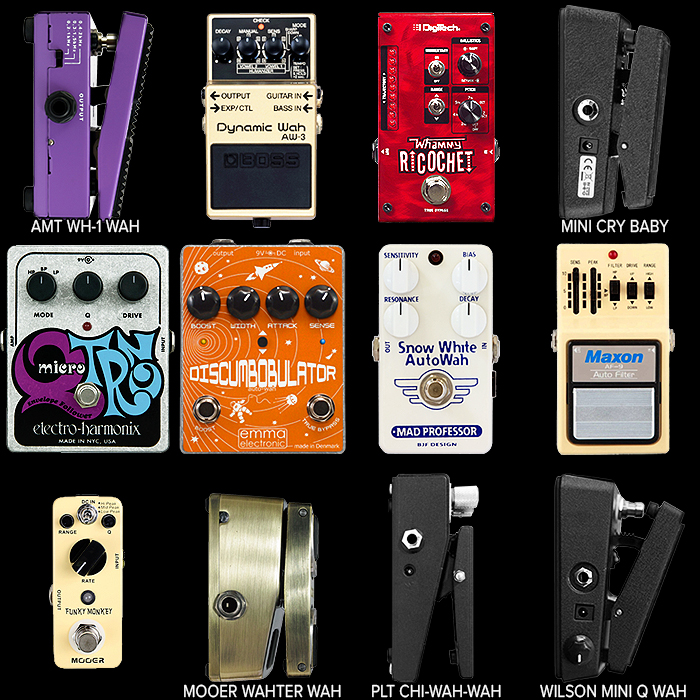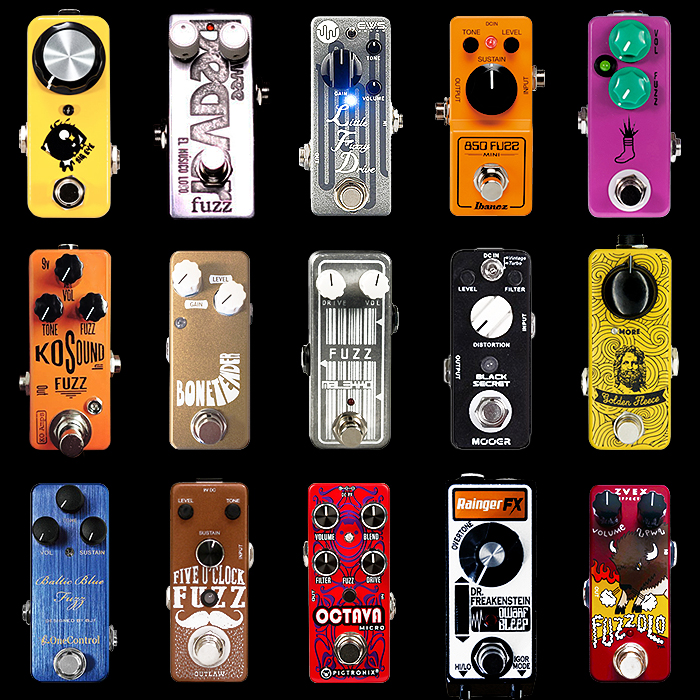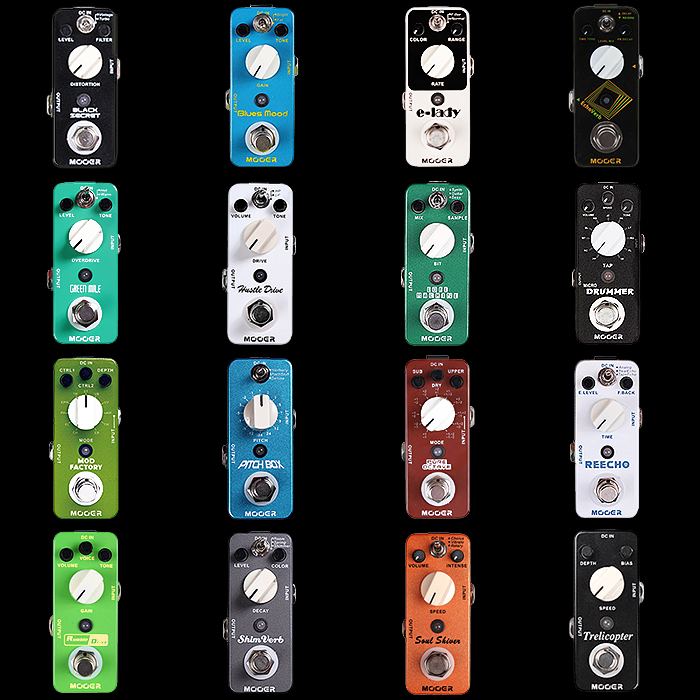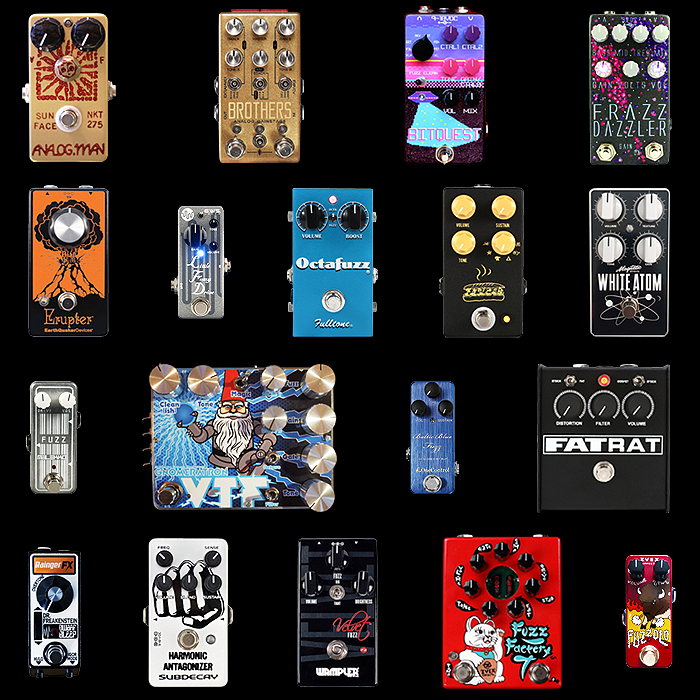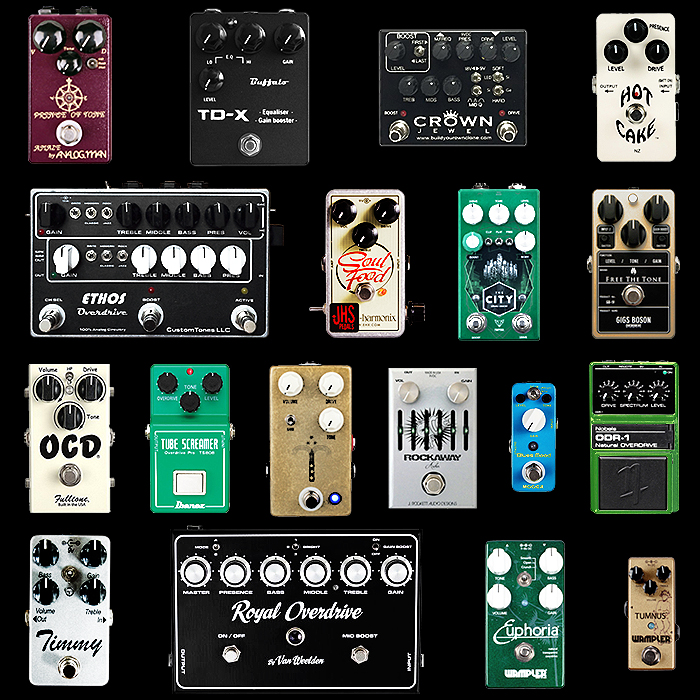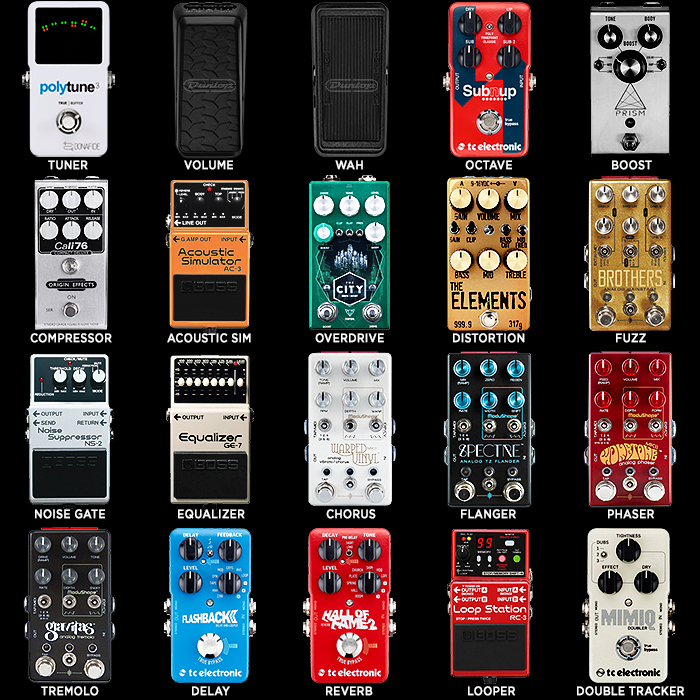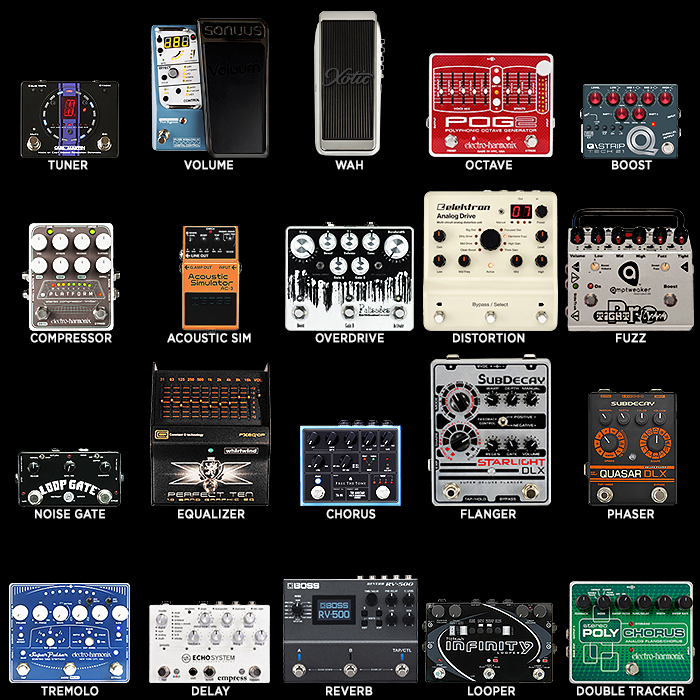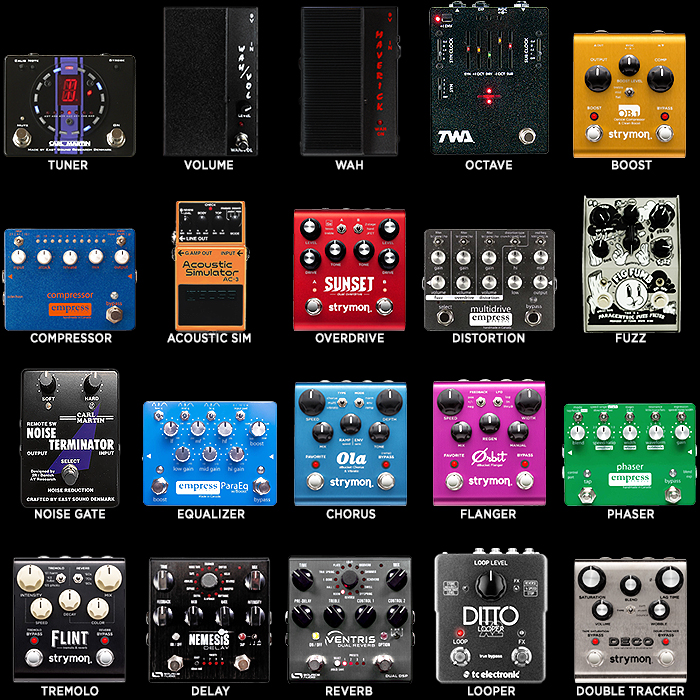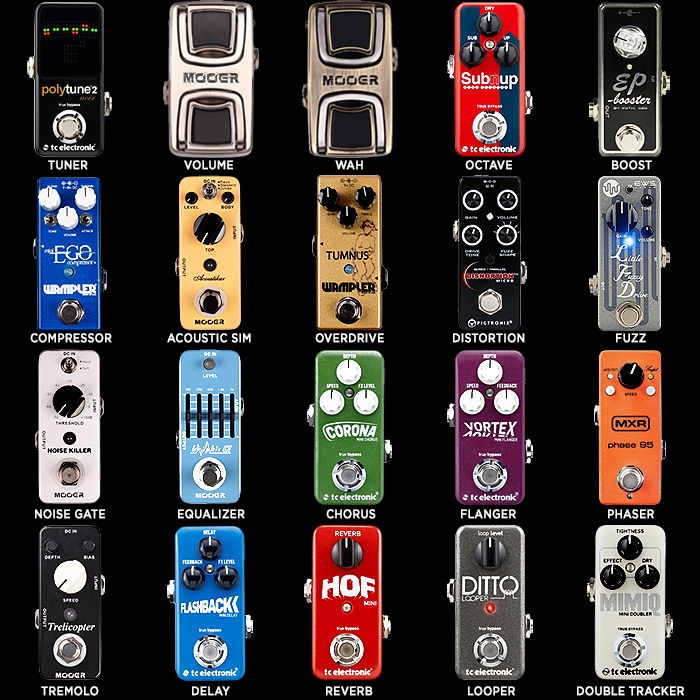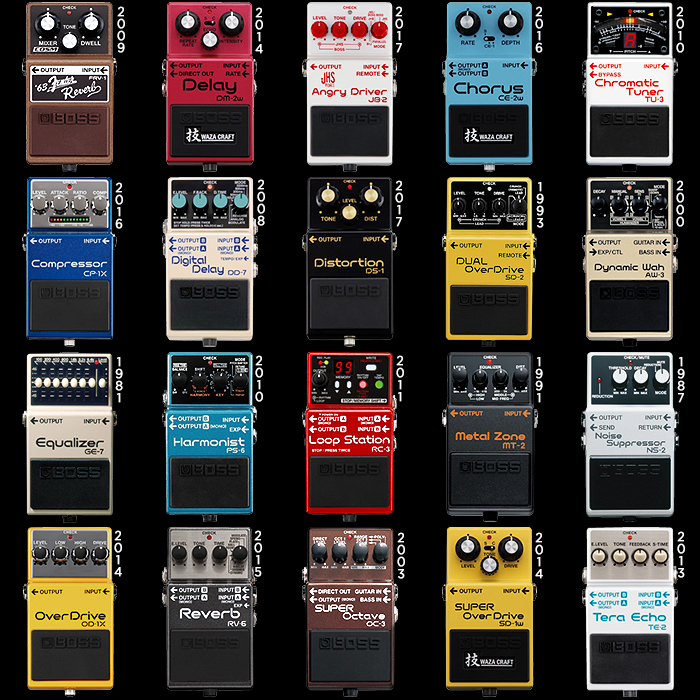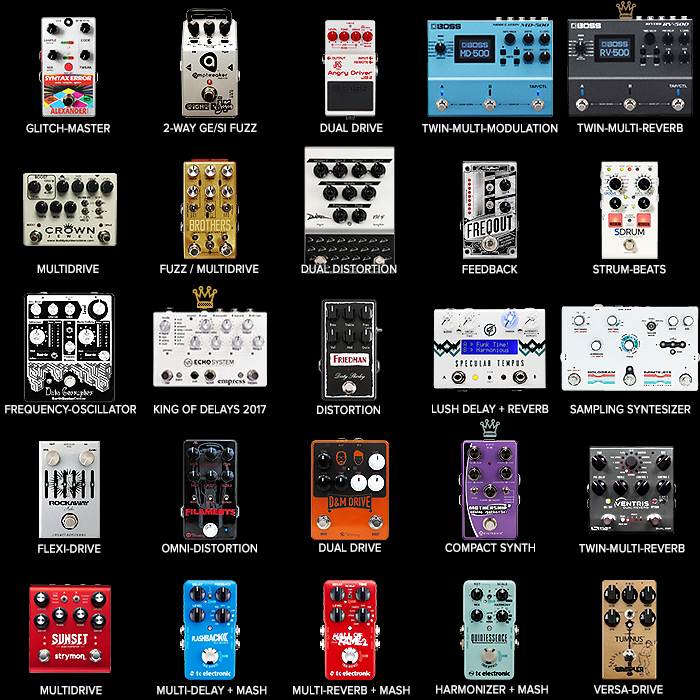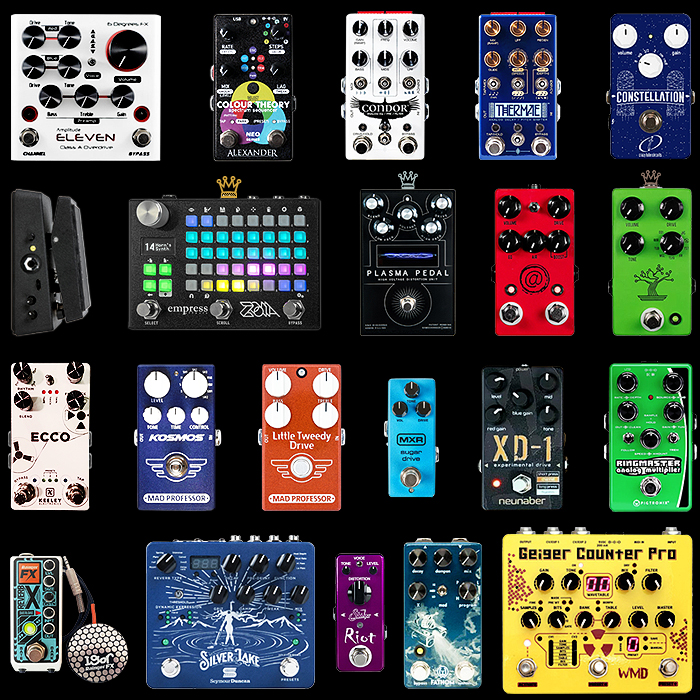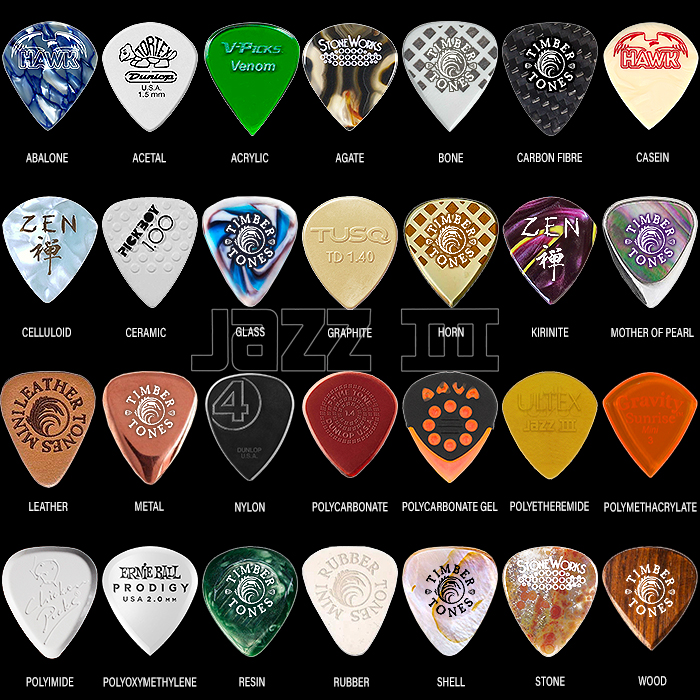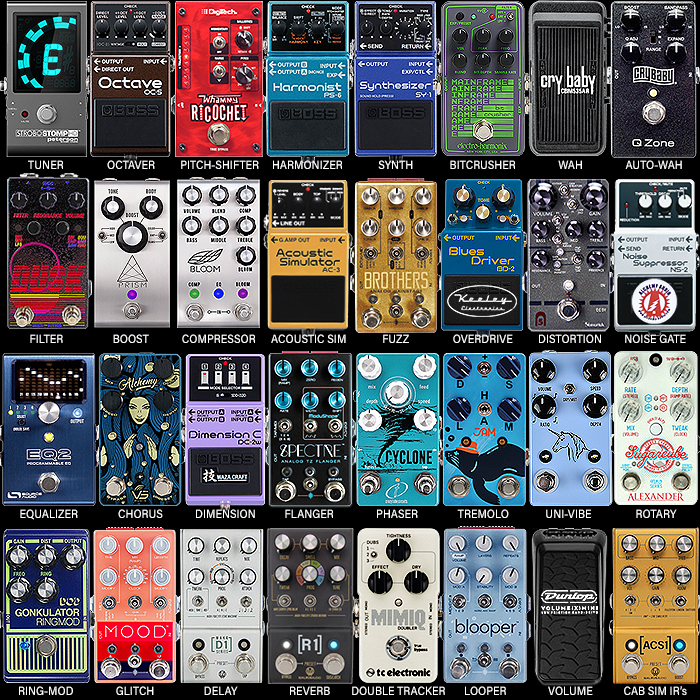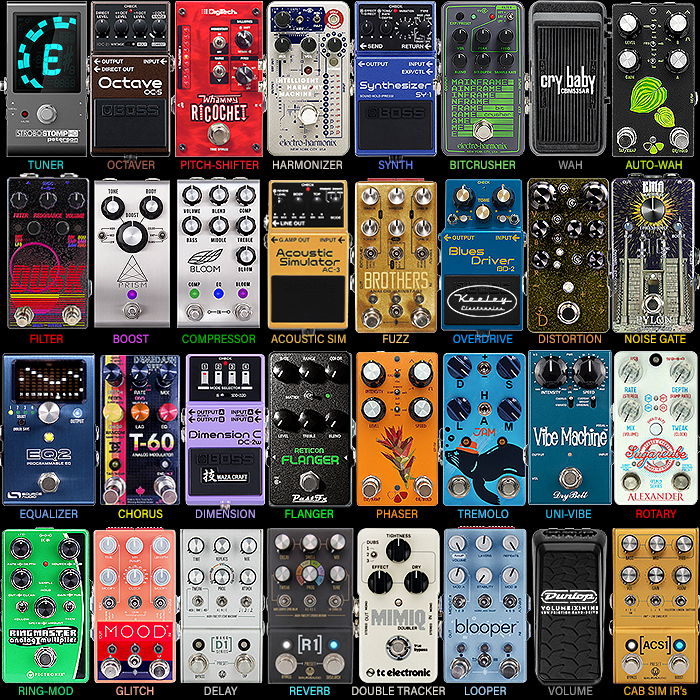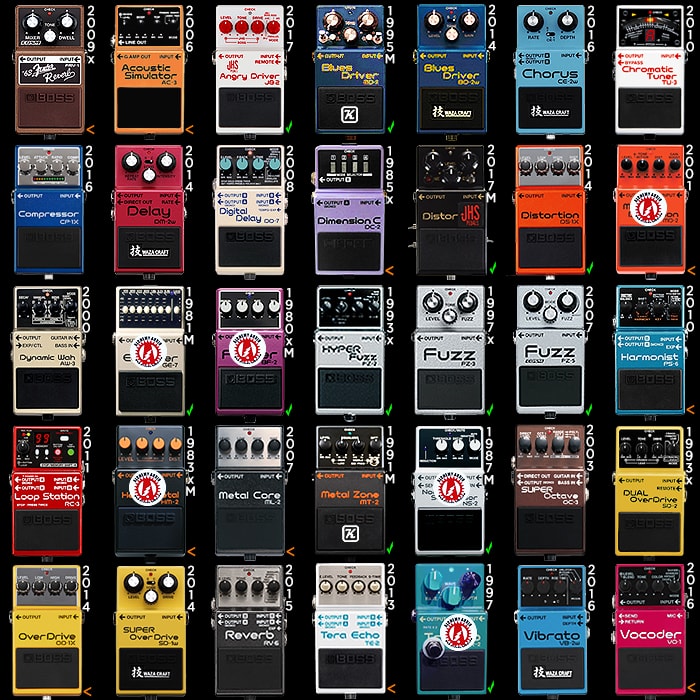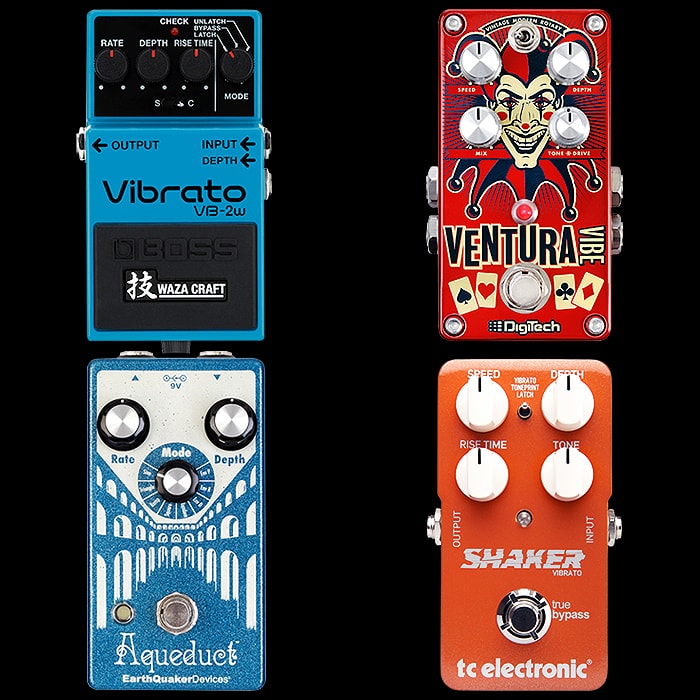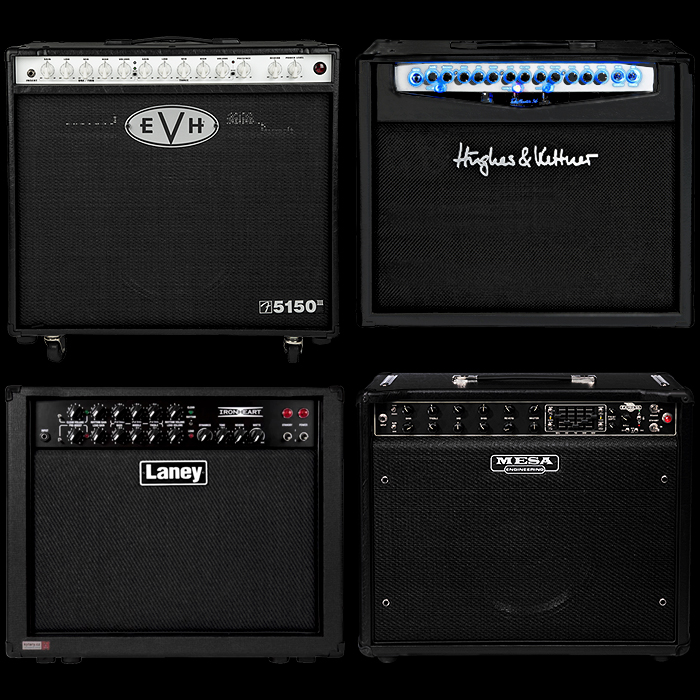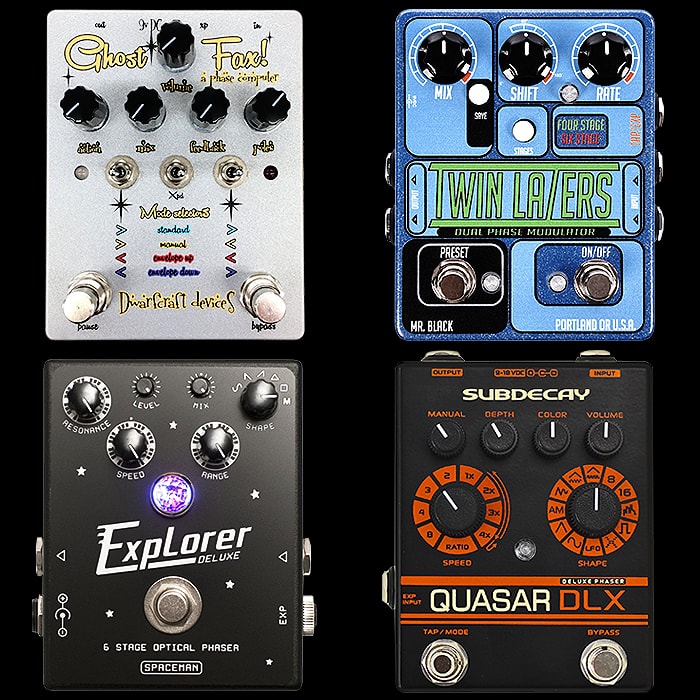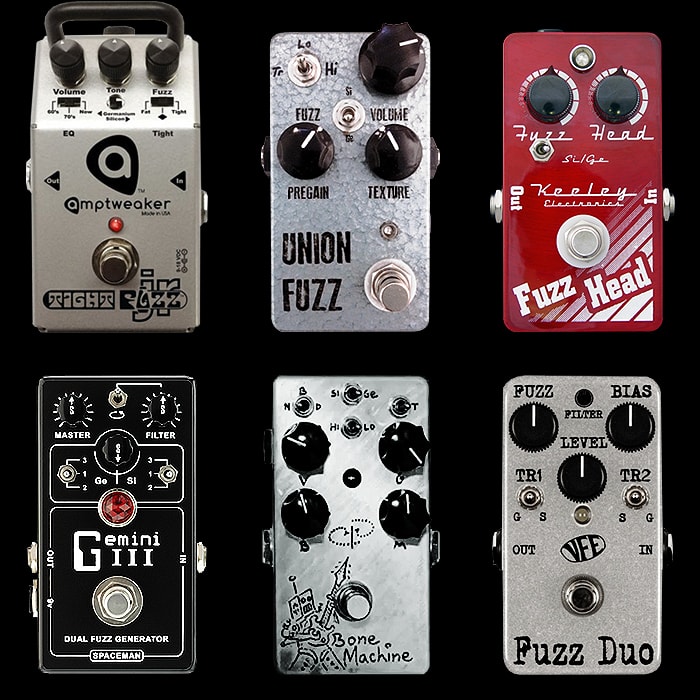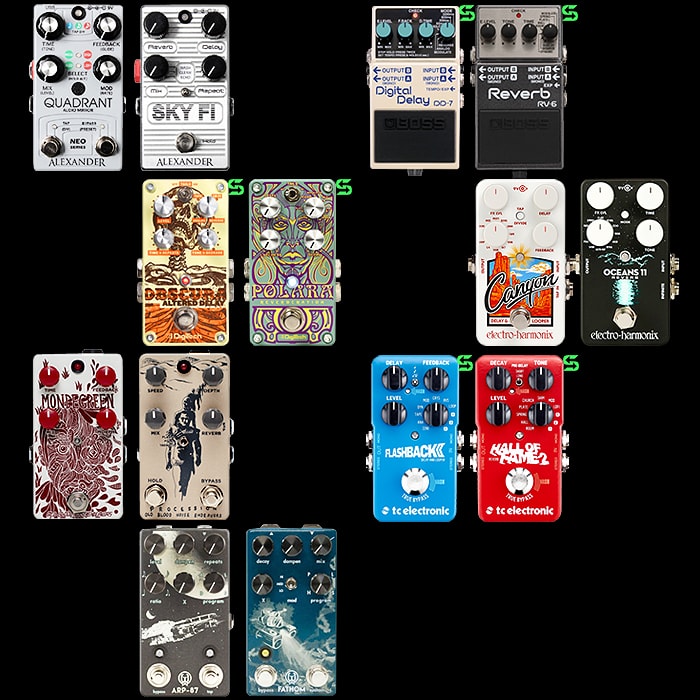12 of the Best Guitar Tuners for Your Consideration
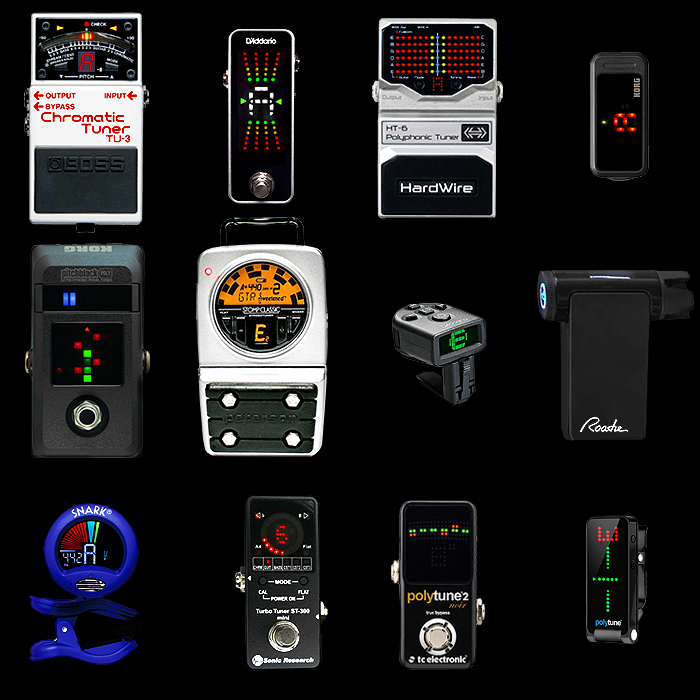
One of the joys! of owning a guitar is that you need to tune it up regularly to keep everything in good working order. If you have a well-made guitar with ergonomic headstock and locking machine heads - this will mean hopefully just every few days or so. Of course if you live in a climate which has frequent weather / humidity and temperature changes, you may find yourself tuning up more often. And if you own a Gibson Les Paul - then it’s once or twice a day!
Anyway, when tuning up, you need something that is clear, quick and accurate. And there are really two major types, with a couple of more unusual alternatives. The most used type is likely the headstock type of tuner - something which clips onto the headstock of your guitar, and senses from vibrations the pitch of each string. There are literally hundreds of this variety in all shapes and sizes and at a variety of price points from a few pounds up to around £200. You may also hear mention of Strobe or Stroboscopic tuners - this is more of a visual display system for pitch accuracy, used on the most accurate tuners like the various Peterson types. You may see mention of +/- xCents in terms of tuning accuracy - where the Sonic Research pedals promise an accuracy of +/- 0.02 cents ’guaranteed’ - which is exceptional. So headstock tuners are everywhere and you can tune up your guitar with ease in pretty much any environment - however noisy.
For gigging or jamming musicians, a pedal tuner is another essential - having something permanently connected to your chain that you can quickly stomp on and off between songs to ensure you are still faithfully tuned. Here you are mostly limited to two sizes of tuners - of regular or mini-sized enclosures. Such are the recent advancements in this technology, that I would not consider using anything beyond a mini tuner - even though the larger Boss TU-3 is probably still just about the industry standard, while its lead is being quickly chewed up by the TC Electronic Polytune 2 Mini - which I see on more and more boards now.
The advantage of Polytune / Polytonic Tuners is that you can strum all 6 strings to get a snapshot reading of all strings - to visibly show where your tuning problems may lie - ’G-String’!. This is the quickest and most efficient means, but not usually the most accurate - as with everything in life there is always an offset and a compromise. So choose TC Electronic for quick and easy, and Peterson or Sonic Research for refined accuracy.
The third type here of which the Roadie 2 is the only example - is the fully automated Machine Head Tuner - where you slot it onto your tuning keys - and based on room sound or direct input - the device automatically figures out the pitch AND adjusts the tuning at the same time via electric rotor. I have the older Roadie 1 variety which can only be used in tandem with a mobile app, the newer Roadie 2 which is due for September release can be operated entirely independently from the app, and is improved in every way with even more onboard functions.
So where I am right now is firmly in the TC Electronic + Roadie camp. I have both TCE Mini Pedal and Clip Tuner, and fully intend to get the Roadie 2 when it is released. I tend to use the pedal tuner though roughly 99% of the time. As for the others in the list, I have often quite fancied the Sonic Research for tighter accuracy - so that may happen some day. I also like the idea of the Peterson Strobe tuners, but currently struggle a little with their aesthetics - and so will await a new and improved generation of those. I genuinely think though that you can’t go wrong with 2 TCE’s and a Roadie!
Boss TU-3 Pedal Tuner - £65
Despite looking a little old-school - then again most Boss pedals do to a degree - this one is still plenty popular enough with pro players - seems kind of an even split now between Boss and TC Electonic with Sonic Research featuring on just a smattering relatively. The Boss TU-3 is a one-at-a time tuner with exellent accuracy though - not quite up to Sonic Research or Peterson levels, but close enough. If you don’t mind the looks and the size of this one, and if your eyesight is not good enough for one of the mini pedals - then this is most likely your best tuner option.
D’Addario PW-CT-20 Pedal Tuner - £75
This diminutive pedal tuner is a rather recent addition from D’Addario and is well-made, visible and sleak, but only a single-string tuner - I’m not sure it’s worth the same as a TCE Polytune - but you have an alternative here at least at a similar price point.
DigiTech HardWire HT-6 Pedal Tuner - £39
The HardWire HT-6 is the pedal equivalent of the well-know tuner app, here in a regular-sized enclosure - this pedal is fully polytonic - giving you a quick overview of all 6 strings in a single strum. They way you use it is strum once to see how good your tuning is - and then you can target only those strings which need attention - versus the traditional route of checking every one of the 6 strings individually. Polytonic tuning is only in its 2nd or 3rd generation now, and is not quite close enough in accuracy to the traditional method, it does give you a very quick overview though and saves you time. I’m not playing with a symphony orchestra so my intonation does not have to be 100% perfect - meaning that polytonic is my preferred type of tuner.
Korg PC1 Pitchclip Headstock Tuner - £11
There are several companies that have significant ranges of tuners, and Japanese musical electronics giant Korg is just one such - I selected this clip-on tuner as a lower-cost alternative (shape-wise at least) to the TCE Polytune Clip. This one is the cheapest featured here, plain and straightforward enough - single-note and no thrills, but very decent for the price.
Korg Pitchblack Poly Pedal Tuner - £52
Korg also has a mini pedal, but that one is not polytonic - unlike its larger sibling here - which has a TCE-esque display, albeit in vertical orientation - like the previous HardWire. Beyond a slight difference in price and aesthetics, there is not much to separate this Korg from the HardWire HT-6 mentioned above.
Peterson Stomp Classic Strobe Tuner - £169
When you take your guitar in for a setup / checkup - there is about a 70% likelihood that the guitar tech is using some form of Peterson Stroboscopic tuner to check your guitar’s intonation. These have been the guitar tech’s tuners of choice for decades now and are available in all sorts of different types and sizes, and including the headstock variety. The more fuller featured desktop varieties are a touch more pricey, so I settled on this pedal version. I personally find the strobe type display a little distracting or is it hypnotic?, although there is no doubting its accuracy. I also think Peterson could do with getting an industrial designer involved to modernise the look of their devices which are looking decidedly old-fashioned these days.
Planet Waves PW-CT-12 NS Micro Headstock Tuner - £13
This is the smallest usable Headstock Tuner - it is incredibly diddy, but still fully clear and usable. Not sure though why you would want one over a TCE Clip - but hey if you like small things - this is one for you - and it also comes with a small price tag.
Roadie 2 Machine-Heads Tuner - £99
I’ve had my Roadie 1 for a year and I love it - it is the slickest tuning device you can currently buy, and the version 2 which is out in September improves on every aspect of that. I only use it periodically these days - particulalry when I need help setting up strange alternative tunings. But if you adjust the settings (slow and accurate) you get pretty effortless accuracy. I am looking forward to getting the new one in to compare - which is available currently at an introductory discount for £79 (RRP £99). This is the most revolutionary tuner of recent times and every guitarist should have one, you may not use it all the time, but it can be invaluable when you really need it
Snark SN-1X Headstock Tuner - £14
This was my very first tuner - I cannot even recall why I bought this originally - there are so many out there that copy this aesthetic - but it is bright and very visible and sufficiently accurate to give you reliable results. I gues this is the first-time tuner for many guitarists - it is low cost, colourful and efficient, but not really up with the more technical tuners featured here.
Sonic Research Turbo Tuner ST-300 Mini Pedal - £139
Apart from contemplating the Peterson, this is the only other pedal tuner I would seriously consider. Renown for its unerring accuracy - to within +/- 0.02 Cents - this is truly a professional tool. Pity then that it does not have a polytonic function option. This is still the most likely tuner I will acquire in addition to 2 TCE’s and a Roadie - but overall it’s not quite right for me yet.
TC Electronic PolyTune 2 Mini Pedal Tuner - £73
And then onto the main winners here - the TCE Polytune Tuners - which you just can’t avoid these days, they made a big splash when they were first introduced, and they are still the best at doing this - with superb quality too. The pedal is the one I use most often - more often than not when I start up a jam - I will do a quick status check on the tuning, and if close enough - I am off and playing. These are so simple and effortless, the only question here is that of accuracy - perhaps TCE will belatedly put out a Polytone Acu - which targets that - with the addition of cent +/- indicators. It must be said though that this is easily my favourite and most used tuner.
TC Electronic Polytune Clip Headstock Tuner - £49
Which means the Clip version is kind of in third place. I use it when I can’t be bothered to open up the phone app etc, for the Roadie - which is usually my preference when away from my pedal chain. Once the new stand-alone Roadie-2 is out, I may use this one even less, but it is excellent at what it does - has that solid TCE build quality - could possibly be improved further with an aluminium chassis, and a greater range of movement for the clip part - currently you are limited to just a single hinge and one plane of motion - it would be nice to have some rotation in their too.
So to summarise - I don’t really see myself moving away from my two TCE’s and a Roadie - which all have the polytonic tuning feature. If I get more into guitar maintenance and setup work, I may need to consider a more accurate device for intonation - which gives the Peterson and Sonic Research a look-in - as a day-to-day pedal though both of those need to improve significantly for me to be interested.

